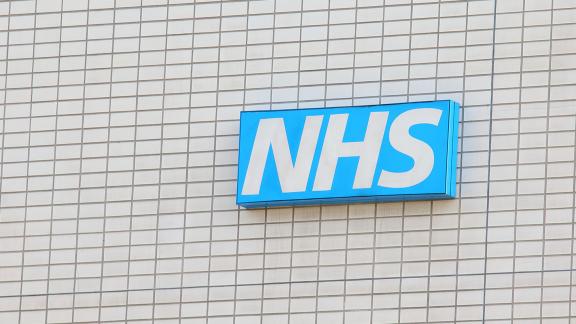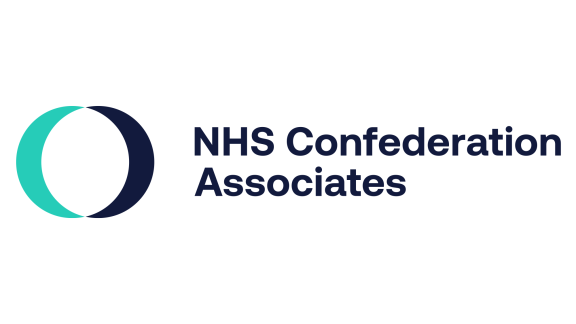NHS Confederation responds to NHSEI planning guidance and ICS delay

Responding to the planning guidance for 2022/23 published by NHS England and Improvement (NHSEI), Matthew Taylor, chief executive of the NHS Confederation said:
“Health leaders have been working hard to deliver for their patients despite the disruption caused by the pandemic. It is right that the NHS has an agreed plan that sets out what it should prioritise for its local communities, which will guide the first year of statutory integrated care systems.
“The rapid emergence of omicron and the redeployment of staff to support vaccine and booster efforts have shown that the pandemic still has the potential to radically throw the NHS off course. This plan must allow sufficient flexibility to respond safely to new threats and priorities, alongside continued leniency from regulators. This includes the long-term implications of Covid-19 and demand for mental healthcare, as well as future vaccination requirements, which are yet to be determined.
“While the NHS has shown its incredible resilience and agility, it has close to 100,000 vacancies and staff are approaching burn-out after everything they have been through – and this is before they respond to what is expected to be the most challenging winter on record, so their wellbeing has to be kept under close consideration.
“Understandably, working through the elective care backlog will be a key priority for the NHS next year and it is encouraging that services have begun to do this already with staff carrying out 1.9 million diagnostic tests and nearly 150,000 more people starting treatment in October than the same month last year. However, there are over 6 million people on the confirmed waiting list and the Secretary of State has warned that this will rise considerably. It is crucial that system leaders are supported and empowered to make the best decisions they can in these difficult circumstances, which may not always correlate with length of wait, particularly given the fundamental need to tackle health inequalities.
“Patients deserve an ambitious plan from their NHS but the last thing our members want is for their hardworking teams to be criticized for failing to deliver the impossible, particularly when Covid pressures, demand for services, challenges around infrastructure and estates, and workforce constraints can vary greatly across the country.
“The plan has a welcome focus on digital initiatives, including remote outpatient appointments and virtual wards, and our primary care members know that timely access to services requires a combination of both remote and in-person care. National leaders have a duty to communicate these initiatives clearly, alongside any changes to national targets, so that patients understand their benefits and rationale.
“The 2022/23 year will be another when the NHS steps up for its patients, and leaders across hospitals, primary care, ambulances, community and mental health care are committed to working together and with their wider system partners to meet the needs of their communities.”
Responding to the news in the guidance that ICS being put on a statutory footing will be delayed until July 2022, Lou Patten chief executive of NHS Clinical Commissioners and Director of the ICS Network said:
“Despite the delay, ICS leaders will crack on with the changes they have been making to better integrate care for their local communities. The delay to the Health and Care Bill doesn’t change that, but it’s important that the reforms are enacted as soon as possible. And on the plus side, the delay gives ICS leaders the opportunity to get all their board and system governance comprehensively established, shape their strategies and plans, as well as taking more time to engage their local communities and partners before launch.
“However, what we need now is real clarity on accountability and a crystal clear framework for this delay period that is understood by all parts of the health and care system. In particular, there are concerns that CCG accountabilities may be difficult to uphold for an extended period, especially as gaps in critical roles are bound to emerge – for example, where local committees cannot guarantee quoracy. And this delay also leaves unanswered questions about what will happen to the boundary changes that were due to come in from 1 April. All of this means we are likely to need 15 month accounting period for CCGs, as well as double running costs and support to get real clarity on governance and accountability.
“Finally, although we understand that the parliamentary timetable was always tight, it is once again disappointing that staff working in CCGs and ICSs will have heard about the delay through the media before they were directly informed. And that local authorities, who are critical partners in integrated care systems, were also not informed beforehand.”
About us
We are the membership organisation that brings together, supports and speaks for the whole healthcare system in England, Wales and Northern Ireland. The members we represent employ 1.5 million staff, care for more than 1 million patients a day and control £150 billion of public expenditure. We promote collaboration and partnership working as the key to improving population health, delivering high-quality care and reducing health inequalities.



